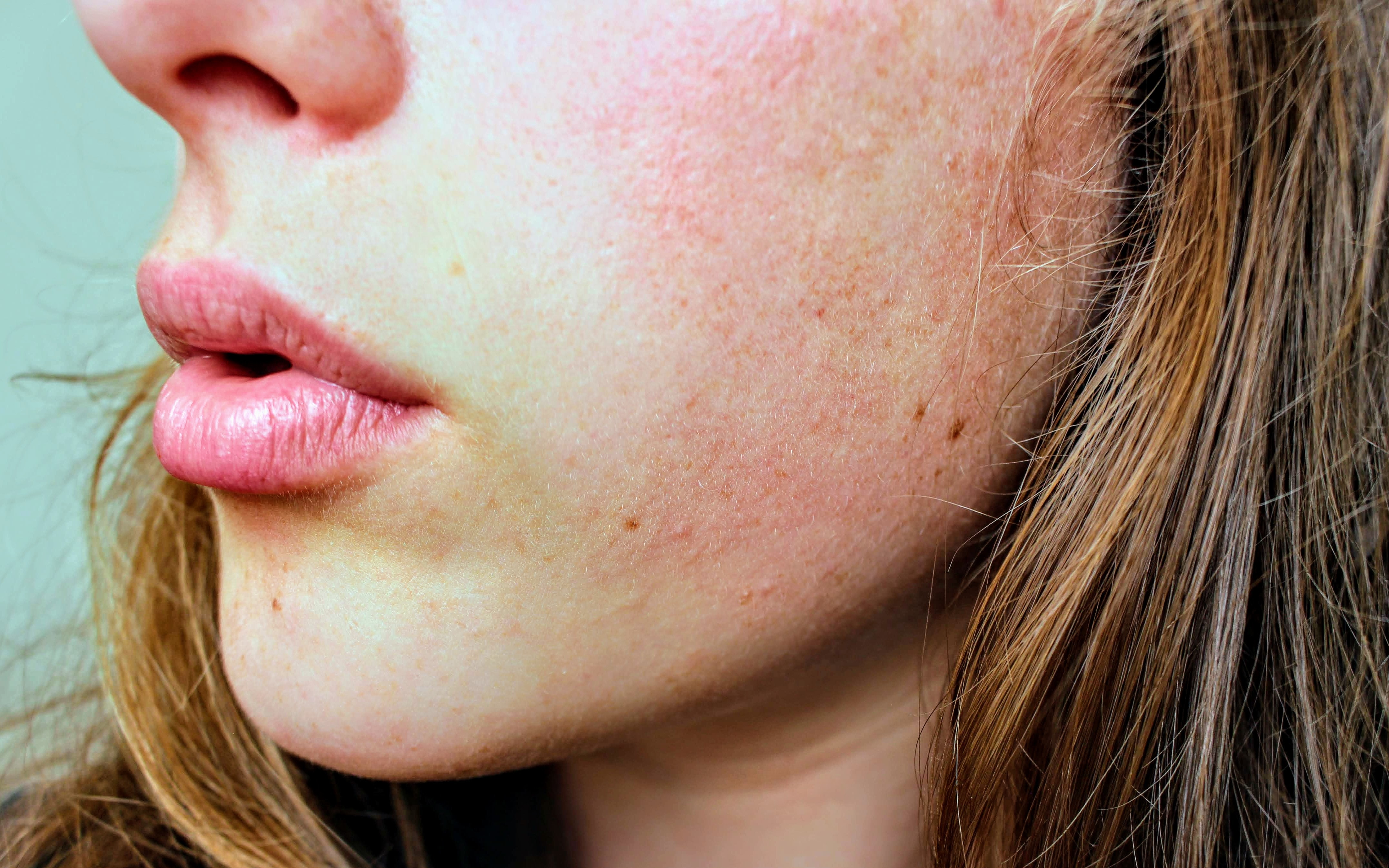
What is Psoriasis and What Causes It? — Dermatologist for Psoriasis in Marbella
30/11/2024Millions of individuals throughout the world suffer with psoriasis, a persistent skin ailment. It is more than just a cosmetic issue; it can significantly affect a person's quality of life. Psoriasis symptoms can be physically and emotionally distressing, resulting in itching, discomfort, and visible plaques on the skin. Our Dermatologist for Psoriasis in Marbella provides specialised therapy to assist manage and treat this problem. In this post, we'll look at what psoriasis is, what causes it, and how to get assistance.
What is Psoriasis?
Psoriasis is a chronic autoimmune disease that accelerates the life cycle of skin cells. Skin cells multiply at a faster pace in psoriasis patients, resulting in an accumulation of cells on the skin's surface. These excess skin cells produce scales and red patches, which can be uncomfortable and itchy.
Psoriasis is classified into numerous categories, which include:
- Plaque Psoriasis: the most prevalent type, distinguished by elevated, inflammatory patches of skin coated with silvery-white scales.
- Guttate Psoriasis: Small, red spots on the skin that are commonly caused by diseases such as strep throat.
- Inverse Psoriasis: Red, glossy lesions in skin folds like the armpits or groin.
- Pustular Psoriasis: consists of white pustules (noninfectious pus blisters) surrounded by red skin.
- Erythrodermic Psoriasis: an uncommon but severe variety that causes widespread redness across the body, often accompanied by itching and pain.
Psoriasis is a lifelong condition that can go into remission and flare-ups. Although there is no cure, effective therapies can help control the symptoms.
What Causes Psoriasis?
The specific cause of psoriasis is unknown, however it is thought to be a combination of hereditary and environmental factors. Psoriasis is classified as an autoimmune illness, hence the immune system is crucial. Psoriasis occurs when the immune system erroneously targets healthy skin cells, resulting in rapid skin cell turnover.
Several factors can cause or aggravate psoriasis, including:
1. Genetics
Psoriasis typically runs in families. If one or both of your parents have psoriasis, you are more likely to get it as well. Scientists have found specific genes connected with the development of psoriasis, however having these genes does not guarantee that you will acquire psoriasis.
2. Immune System Dysfunction
Psoriasis is mostly caused by the immune system. T cells, a type of white blood cell, are intended to protect the body against illnesses. In psoriasis, these T cells become overactive and cause inflammation in the skin, resulting in excessive skin cell development.
3. Environmental Triggers
Even if you have the psoriasis genes, environmental factors might induce the disorder. Some of the most prevalent triggers are:
- Stress: High levels of stress can cause psoriasis flare-ups or exacerbate current symptoms.
- Illnesses: Bacterial or viral illnesses, such as strep throat, can exacerbate psoriasis.
- Medications: Beta-blockers and lithium have both been associated to psoriasis flare-ups.
- Injury to the skin: Cuts, burns, and even insect bites can all induce psoriasis to emerge on the wounded skin, a condition known as the Koebner response.
- Weather: Cold temperatures can dry out the skin, exacerbating psoriasis symptoms, although sunlight can help some people.
4. Lifestyle Factors
Unhealthy lifestyle habits such as smoking, excessive alcohol use, and sedentary behaviour can all raise the risk of psoriasis flare-ups. Obesity is also a known risk factor, as extra weight can increase strain on the joints and skin, causing inflammation.
Symptoms of Psoriasis
Psoriasis symptoms differ depending on the kind, however some frequent indicators include:
- Red skin patches covered with thick, silvery scales.
- Dry, cracked skin that can bleed
- Itching, burning, and soreness in the affected areas.
- Thicker or ridged nails
- Psoriatic arthritis causes swollen and stiff joints.
Psoriasis is not contagious, but the apparent symptoms can lower a person's self-esteem and emotional well-being. Managing the symptoms is critical for increasing quality of life.
Psoriasis and Its Impact on Overall Health
Psoriasis is more than simply a skin disorder; it can influence other aspects of your health. Many patients who have psoriasis develop psoriatic arthritis, which causes joint discomfort, stiffness, and oedema. Furthermore, those with psoriasis are at an increased risk of having other health problems, such as:
- Cardiovascular disease
- Diabetes
- Obesity
- Depression and anxiety
Given these potential implications, it is critical to seek medical attention to successfully control psoriasis and avoid further health problems.
Treatment Options for Psoriasis
While there is no cure for psoriasis, a number of therapy options can help manage symptoms and prevent flare-ups. Treatment is usually determined by the severity of the ailment and the extent to which the body is impacted. Common treatments include:
- Topical Treatments: Creams and ointments applied directly to the skin can help reduce inflammation and scaling.
- Phototherapy: a treatment that uses ultraviolet (UV) radiation to halt the growth of skin cells. It may be a helpful treatment for people who have moderate to severe psoriasis.
- Systemic drugs: In more serious situations, oral or injectable drugs can help inhibit the overactive immune system and reduce inflammation.
- Biologic Treatments: Biologics are a newer type of medicine that targets particular elements of the immune system to prevent the immunological response that causes psoriasis.
At Helicopteros Sanitarios Hospital, our Dermatologist for Psoriasis in Marbella provides personalised care and treatment regimens that are suited to your unique requirements. Our goal is to help you manage your symptoms successfully and enhance your overall quality of life.
Dermatologist for Psoriasis in Marbella
Psoriasis can be difficult to live with, but with proper treatment, you can manage the illness and avoid flare-ups. At Helicopteros Sanitarios Hospital in Marbella, our professional dermatologist specialises in psoriasis treatment. Whether you have mild or severe symptoms, we are here to provide skilled care, from diagnosis to continuing management.
Do not put off treating your psoriasis. Contact our Dermatologist for Psoriasis in Marbella to know more.